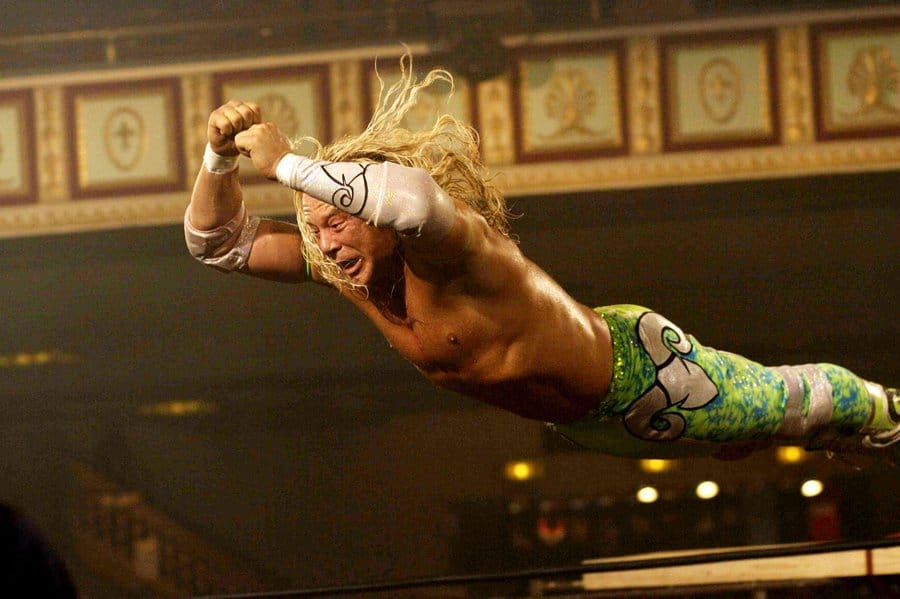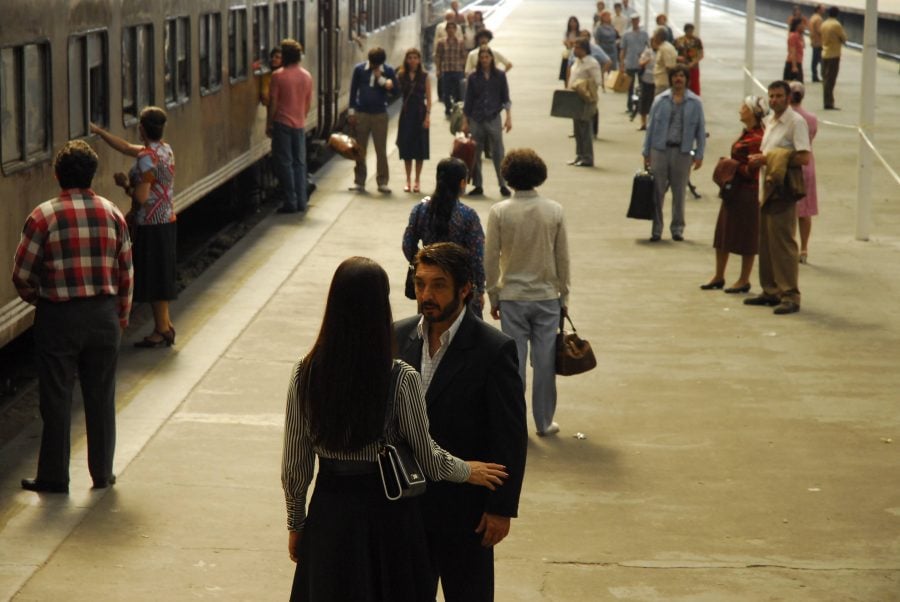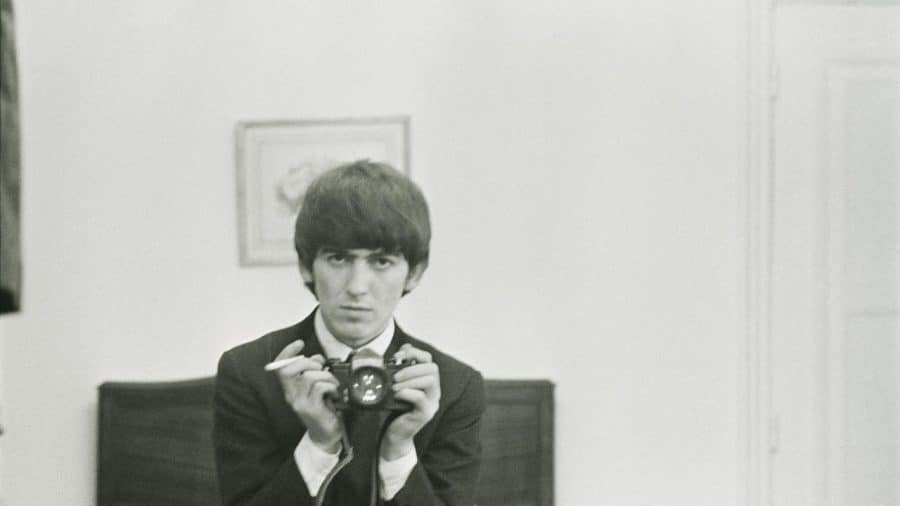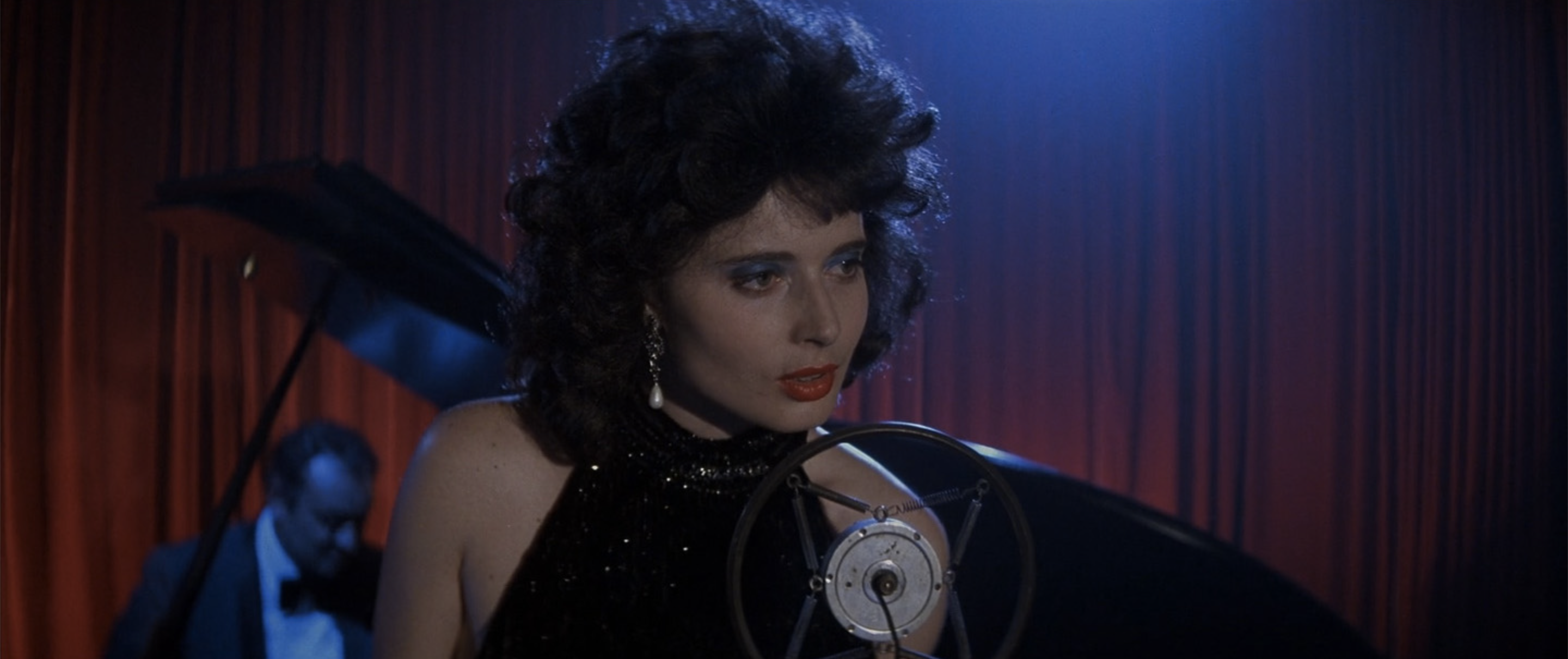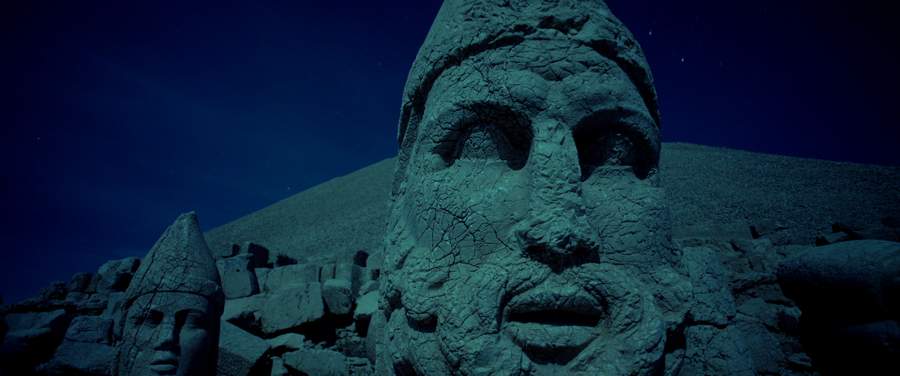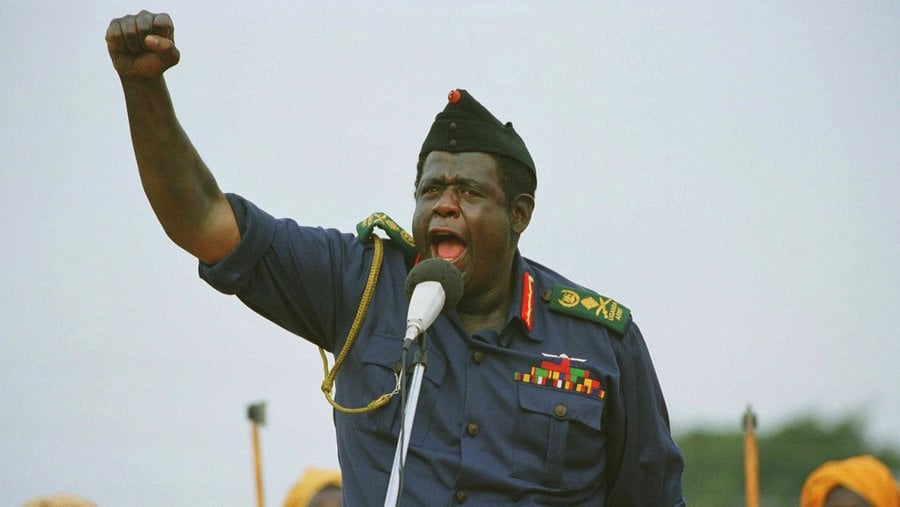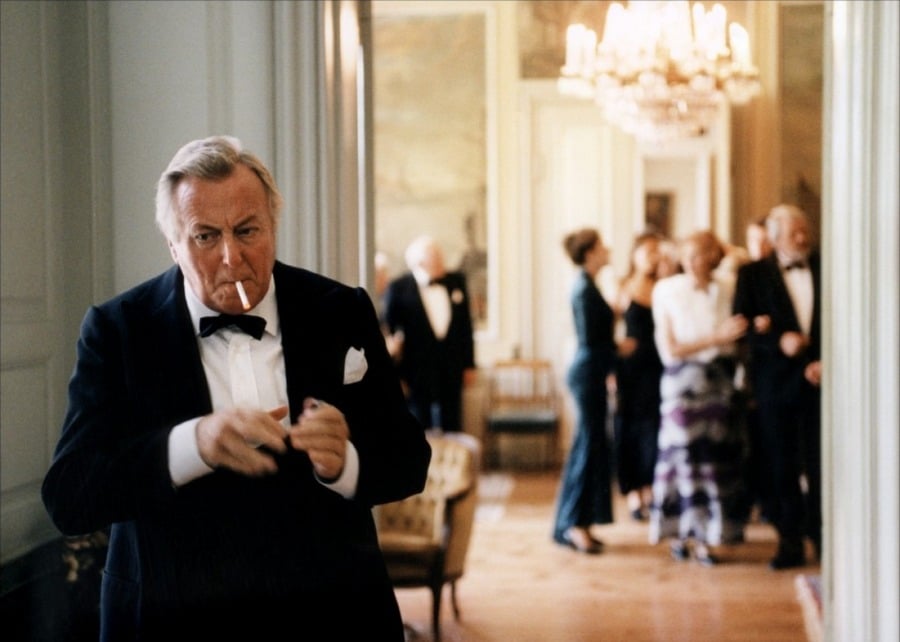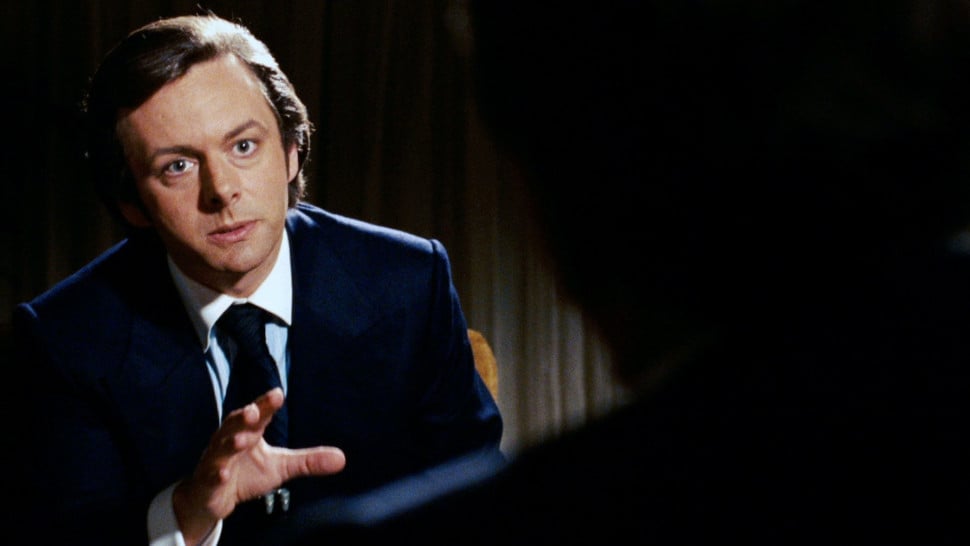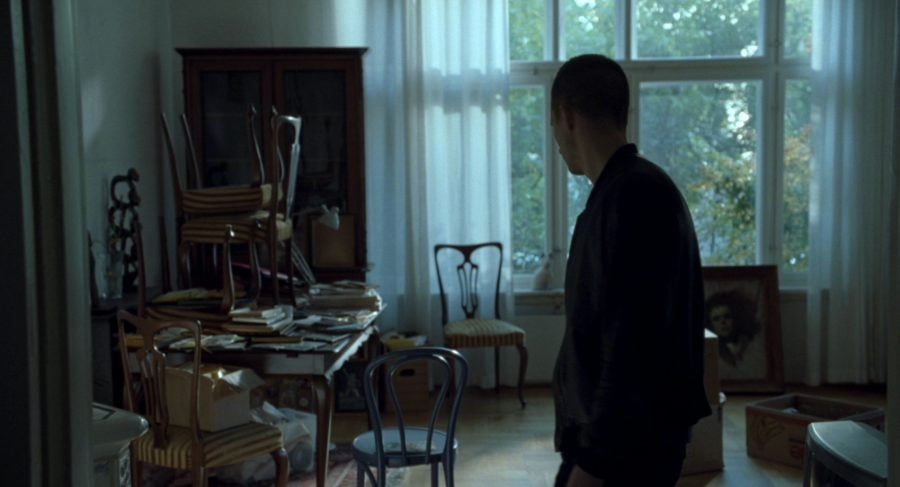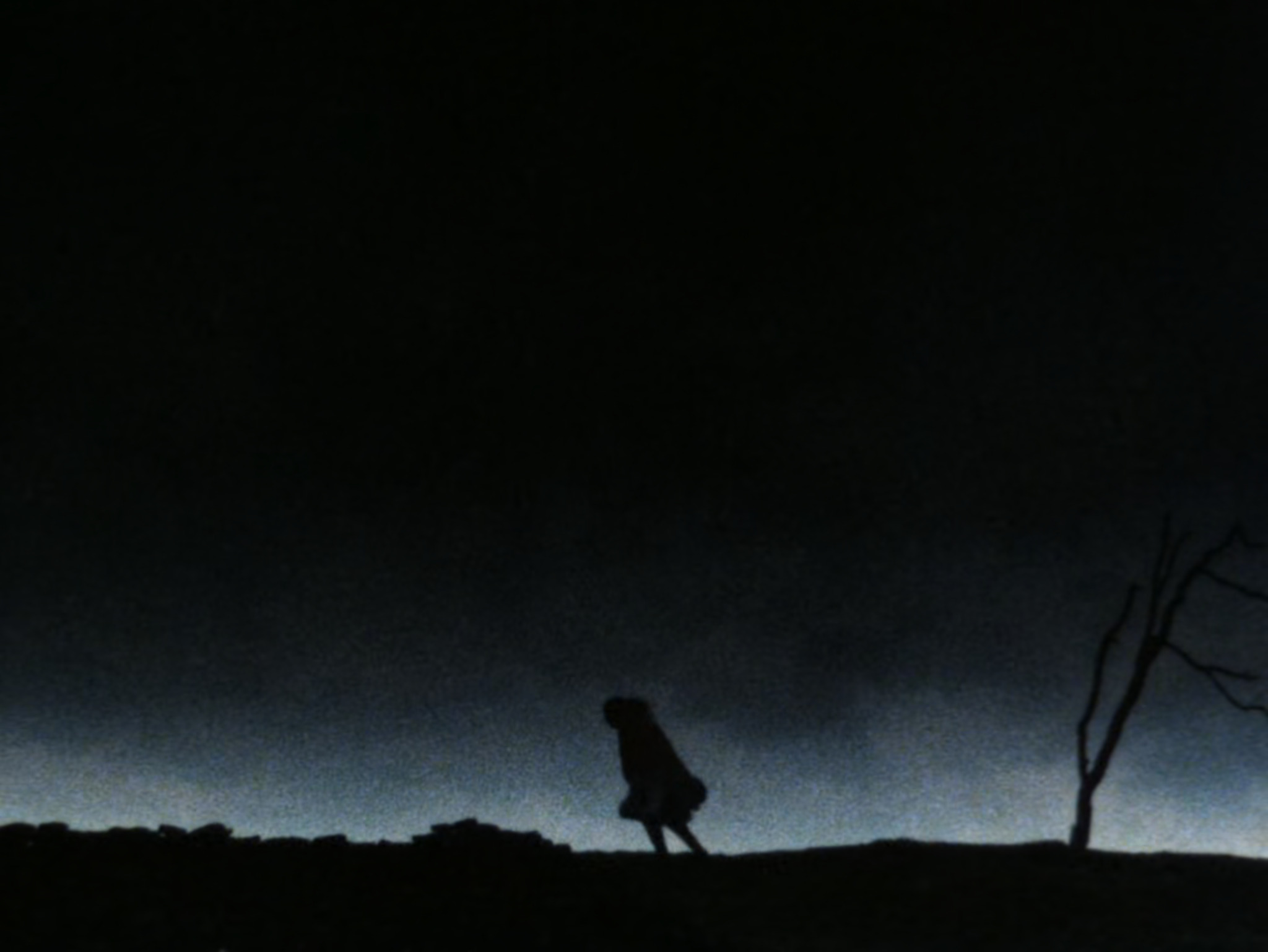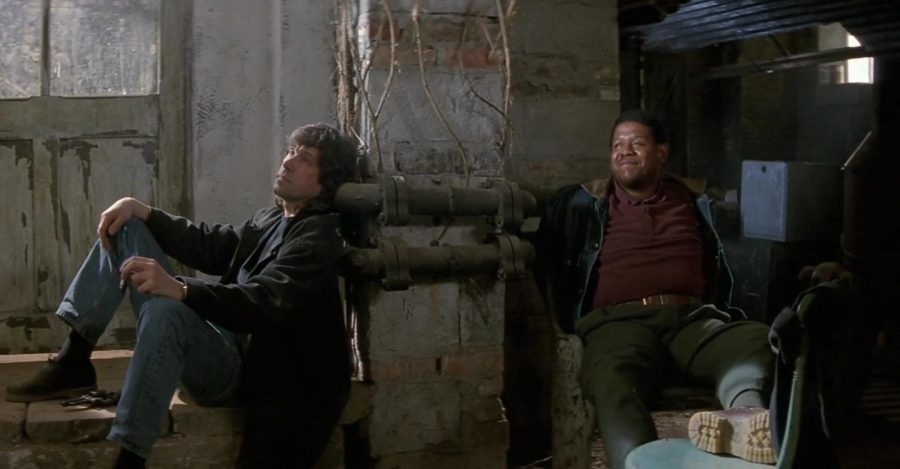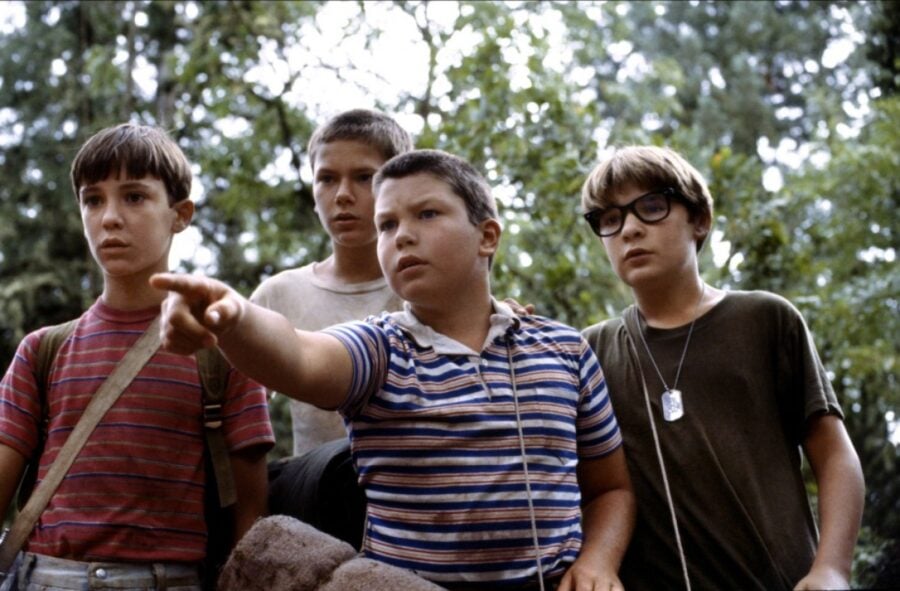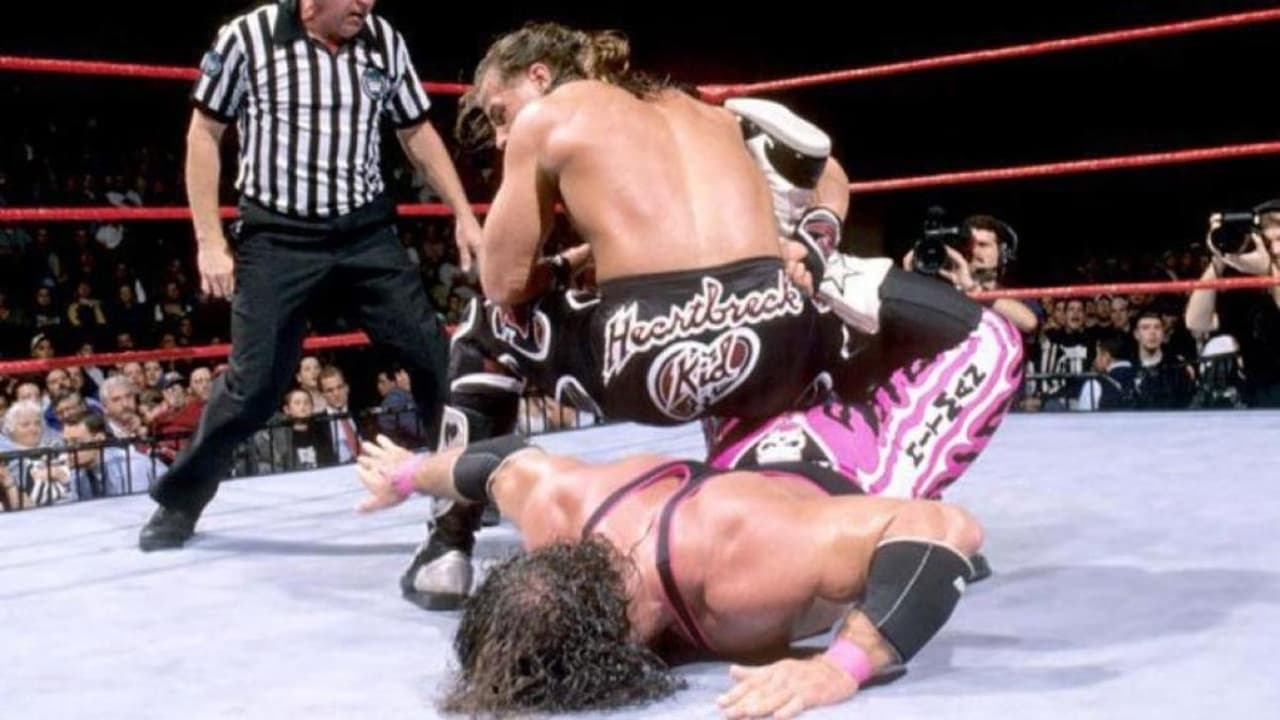Genre: Drama, Romance
Actor: Abraham Aronofsky, Ajay Naidu, Alex Whybrow, Alyssa Bresnahan, Andrea Langi, Anna-Karin Eskilsson, Armin Amiri, Ben Van Bergen, Bernadette Penotti, Bill Walters, Brandon DiCamillo, Brian Heffron, Charlotte Aronofsky, Claudio Castagnoli, Cobian, Daniel Healy Solwold Jr., Daniel Solwold Jr., Darnell Kittrell, David John Markland, Donnetta Lavinia Grays, Douglas Crosby, Dustin Howard, Dylan Keith Summers, Dylan Summers, E.J. Carroll, Emmanuel Yarborough, Eric Santamaria, Erika Smith, Ernest Miller, Evan Rachel Wood, Felice Choi, Giovanni Roselli, Gregg Bello, Henry Kwan, Jamar Shipman, Jeff Chena, Jen Cohn, Jess Liaudin, John Corson, John D'Leo, John L. Sullivan, John Zandig, Jon Trosky, Judah Friedlander, Lloyd Anoa'i, Marcia Jean Kurtz, Marisa Tomei, Mark Margolis, Matt Cannon, Michael Drayer, Mickey Rourke, Mike Miller, Nate Hatred, Nicholas K. Berk, Nick Papagerio, Olivia Baseman, Paul E. Normous, Paul Thornton, Peter Conboy, Rebecca Darke, Rob Strauss, Robert D. Siegel, Robert Oppel, Ron Killings, Ryan Lynn, Ryan Tygh, Sakinah Bingham, Scott Franklin, Steven Haworth, Sylvia Kauders, Todd Barry, Tommy Farra, Vernon Campbell, Wass Stevens
Director: Darren Aronofsky

